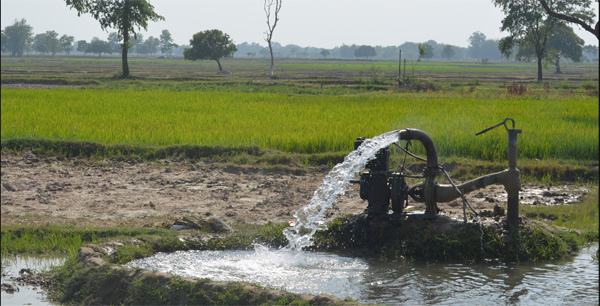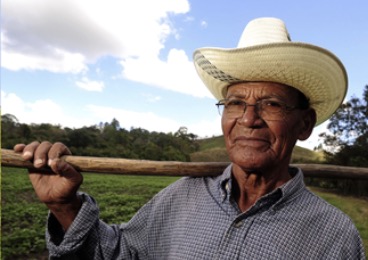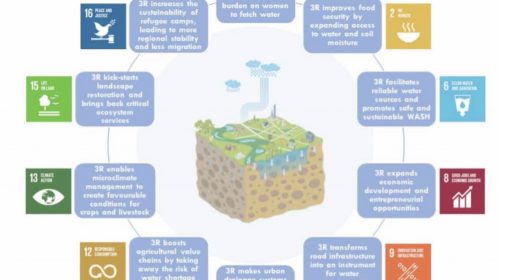Posted by Adel al Weshali and Frank van Steenbergen
January 15, 2013
It is a phenomenon that has been around for decades, but probably accelerated over the last decade: the exit from farming, particularly by young people.
It has come in many shapes. In some areas in Yemen, such as in the Hadramawt (see clip below) part of the land is no longer used for farming. It is either converted to residential land, or good soils are shipped out of farm areas and transported to cities where lots of soil is needed to build foundations of houses.
In other places rural areas have become ‘no country for young men and women’. Farming is hard work, unrewarding and unprestiguous – completely at odds with modern day aspirations brought about by education and smartphones. If land is remote from markets and roads, making money is difficult. Witness the Terai in Nepal, an area with good flat (though a little sandy) land and plentiful shallow groundwater (an image below), yet increasingly abandoned as young people find it more worthwhile to migrate to cities in India or Middle East. Interestingly, across the border in the North Bengal Terai there is much better market access and small holder horticulture is vibrant.

It is often young women that leave first and not come back, making it harder for male farmers to find a match and start a family.
Farm wages have often been kept low for a long time – too low. With tens of thousands of farm labourers on the same market working with thousands other farmers, this has obviously involved some amount of fixing and manipulation. It is hard to see whose wage would rise first, dampening farm wages. In some areas, farm wages finally increased with farm labourers ‘voting with their feet’ and moving out rural areas. In other cases, public works schemes like the NREGA in India broke the spell by offering a high(er) cash payment for a days work. The higher wages have made the traditional farm operations more unattractive, as margins were undercut.
There are exceptions to this general trend. In Ethiopia, for instance, a dynamic class of young farmer entrepreneurs has come up – who know how to do commercial agriculture and have a little bit of working capital with them to weather shocks and advance costs. In Kenya, small scale farming is promoted as being ‘cool’ by some talented media NGO’s.
But clearly the time to be romantic about traditional small holder farming is over. Small holder farming will continue to exist and could provide a large number of productive jobs but it needs to modernize, as all sectors of economy have to. If small holder farming is to persist and economies are to continue to be broad-based, agriculture needs to be more dynamic, more mechanized, more precise and have access to high value commercial opportunities.
There is no sense in the all-out efforts to keep farm prices low, as is the effect of so many policies. Investments need to be made in access roads and, equally importantly, in digital knowledge, especially now that in most countries the ‘training and visit’ extension systems of old are getting dismantled. Other rural pursuits – tourism, niche services – need to be promoted. We should never say goodbye to small holder farming. Instead we should say welcome to new future for small holders, starting with the International Year of Family Farming.
{jcomments on}



